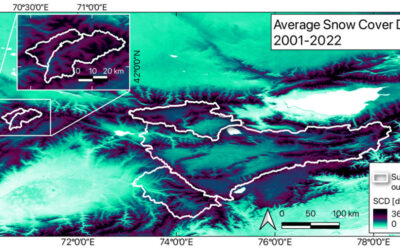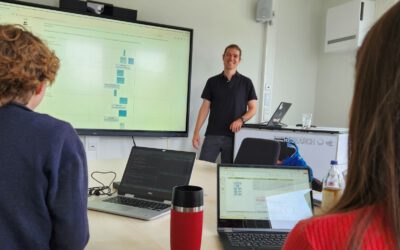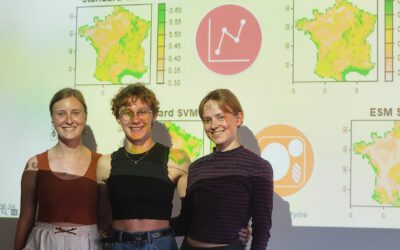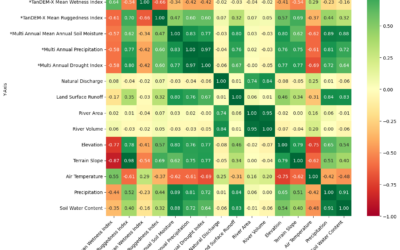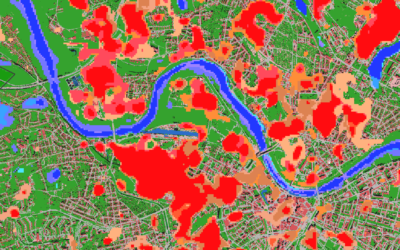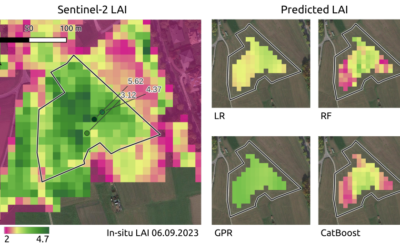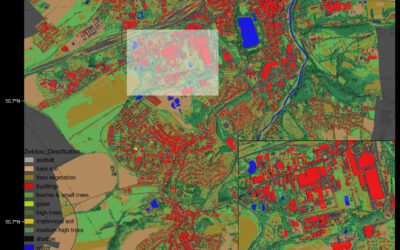From the abstract: Animal species are highly adapted to their environment, especially when living under extreme conditions like in high mountains, the Arctic and the Antarctic. Due to the hastening of climatic warming as a result of anthropogenic activity, many species are not able to adapt to these rapid environmental changes. Therefore, the study and close monitoring of susceptible animal species occupying highly affected climatic zones is essential for effective conservation efforts. Earth observation is favorable for data collection in remote areas. This review is based upon the analysis of 138 scientific studies, in which we have obtained a closer look on when, why and how earth observation is used in animal monitoring and wildlife ecology research in cold and polar regions. An extensive overview is given by a number of publications over the last twenty years including, sensors, spatial and temporal resolutions of studies, studied animal species and thematic foci of these studies. Penguin species and caribous/reindeers are mostly investigated relating to animal detection, distribution and foraging behavior. Multiple analysis-ready products of MODIS and Landsat are studied, but the potentials of freely available, higher spatial and temporal resolution data like Sentinel-1 and -2 as well as AI methods are not yet fully utilized. Linking earth observation data in cold and polar regions to animal monitoring and wildlife ecology research should still be promoted. Additionally to the review, a case study about the Northern Bald Ibis was conducted. The Northern Bald Ibis is a highly endangered bird species, that is reintroduced as migratory population by Waldrappteam Conservation & Research. Before releasement the birds are equipped with GPS-transmitters to monitor their migration behavior. This data revels the Northern Bals Ibis cross the Alps later every year during autumn migration between the breeding site in Salzburg/Austria and the wintering site in Orbetello/Italy. Late migration start hampers successful main alpine ridge crossing. A step selection function analysis that integrates Northern Bald Ibis movement data with static and non-static earth observation data is giving evidence for the influence of snow cover on success or failure of crossing the Alps during autumn migration of the Northern Bald Ibis.
1st Supervisor: Prof. Dr. Claudia Künzer 2nd Supervisor: Andreas Dietz, DLR



